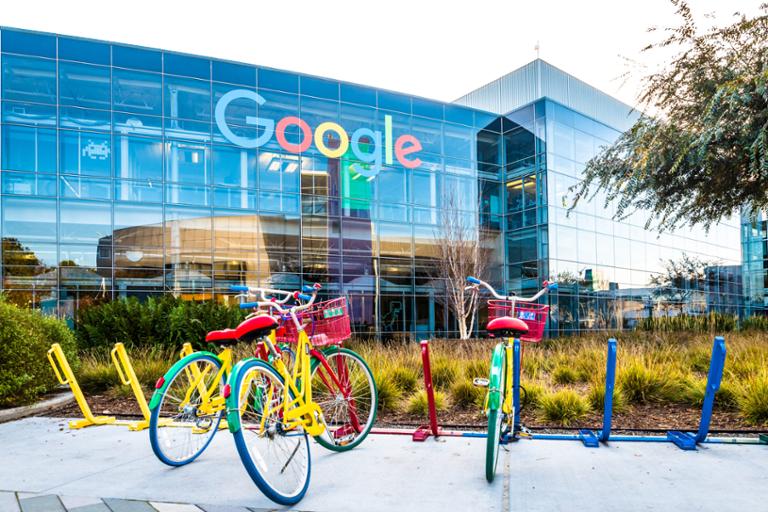Over the past few weeks, Google’s back-to-office plans have taken firmer shape, with Google/Alphabet CEO Sundar Pichai breaking down how Googlers’ hybrid and remote schedules could work once the COVID-19 pandemic subsides.
Unlike Twitter and other tech giants that aggressively embraced an ethos of all-remote work going forward, Google is committed to having most of its employees engage in a “hybrid” work model. “We’ll move to a hybrid work week where most Googlers spend approximately three days in the office and two days wherever they work best,” Pichai wrote in an email posted to Google’s corporate blog. “Since in-office time will be focused on collaboration, your product areas and functions will help decide which days teams will come together in the office.”
Another Google policy will allow employees to move to one of the company’s many offices around the world, provided their target location can provide them with the infrastructure necessary to do their jobs. “That’s in addition to those employees who will have permission to work remotely full-time,” Pichai wrote. “Taken together these changes will result in a workforce where around 60 percent of Googlers are coming together in the office a few days a week, another 20 percent are working in new office locations, and 20 percent are working from home.”
As part of that office flexibility, Google is also implementing “work-from-anywhere weeks,” where employees will be able to “work from a location other than their main office for up to 4 weeks per year (with manager approval).” The ostensible goal is to “give everyone more flexibility around summer and holiday travel.”
Those Google employees who opt to work remotely may need to take a pay cut if they’re living in a place with a lower cost of living. In making that move, Google is following in the footsteps of Facebook and other companies that seem dedicated to slicing compensation for employees who decide that a city like Boise or Kansas City is preferable to Silicon Valley or New York City.
For technologists everywhere, it’s worth paying attention to what Google does, as other companies have a habit of adopting modified versions of its policies. Google has already gone through considerable expense to readjust its offices to what it sees as the future of work, complete with movable walls and desks, as well as more closed-off areas for focused work. In theory, these changes will allow the company’s spaces to better accommodate a continuous flux of hybrid-schedule employees, although anyone heading into the office will likely be disappointed at how some of Google’s signature amenities, such as its gourmet cafeterias, will remain shut down.
While companies such as Google, Facebook and Microsoft are trying to figure out this hybrid-work thing, it’s also worth noting that Amazon expects its employees to embrace an “office-centric culture” going forward. Given how much Amazon (and other tech giants) have spent on real estate and cutting-edge buildings over the years, it stands to reason that they want employees actually using that infrastructure.



